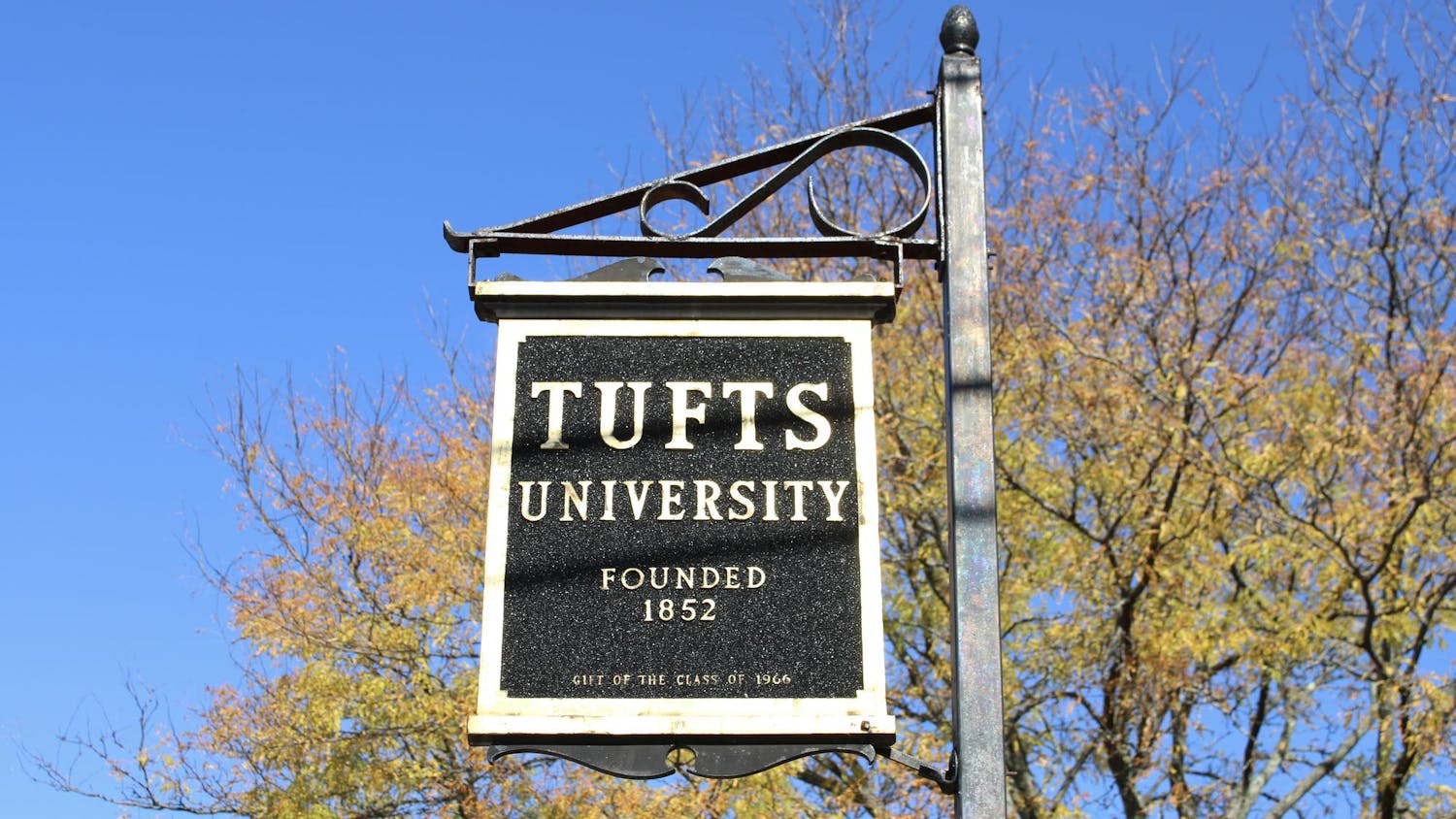The governor of New Jersey had to wait to vote because machines weren't working at his polling place. A woman in Chicago was told she wouldn't be able to vote because only one of five election judges was present; her situation was only resolved when Oprah Winfrey heard the tale and stopped by to make sure the woman was able to vote.
It sounds like an election day in the United States of America.
This country prides itself on its democratic heritage and extols the virtues of its form of government, proselytizing the benefits of democracy to other countries and observing elections across the globe.
Why, then, are our own elections such a mess?
Every election day, Americans are subjected to the same wave of stories about hanging chads, voting machine glitches and allegations of errors and fraud. But nothing gets done to make sure Americans can vote.
We live in the world's richest democracy and routinely trust our finances and defense to complicated, powerful electronic systems. We can't afford to improve and safeguard our oldest and most cherished institution?
Many states quickly purchased electronic voting machines in the wake of the 2000 election debacle that lead to the Florida recount. This, however, may have done more harm than good as these computerized touch-screen machines are still error prone and some do not produce a verifiable paper trail to prove that the votes were recorded correctly.
Six states, including New York, New Jersey, Georgia, Arkansas, Delaware and Tennessee, are "considered at high risk for having election results affected by machine malfunction or tampering," according to a report by Common Cause and the Verified Voting Foundation, nonprofit groups committed to accountable politics. Those states do not have safeguards in place such as requiring machines to produce paper ballots or records and requiring random post-election audits of the machines.
Also, electronic voting machines use computer code, which can only be updated and maintained by private companies; a basic element of our democracy is therefore controlled, to some degree, by private interests, providing fodder for conspiracy theorists and encouraging allegations of fraud and election-rigging.
Some voting problems are unavoidable; human as well as mechanical errors will inevitably occur. But there is a quick and relatively easy step we can take to insure our elections are fair and accurate: All votes should be recorded electronically and backed up on paper records. That way, voters will be able to confirm that their vote has been registered accurately and a verifiable paper trail is produced.
We need a more transparent and verifiable way of counting votes. Until that happens we'll have to depend on privately maintained, error-prone machines - and Oprah - to keep our democracy going.





